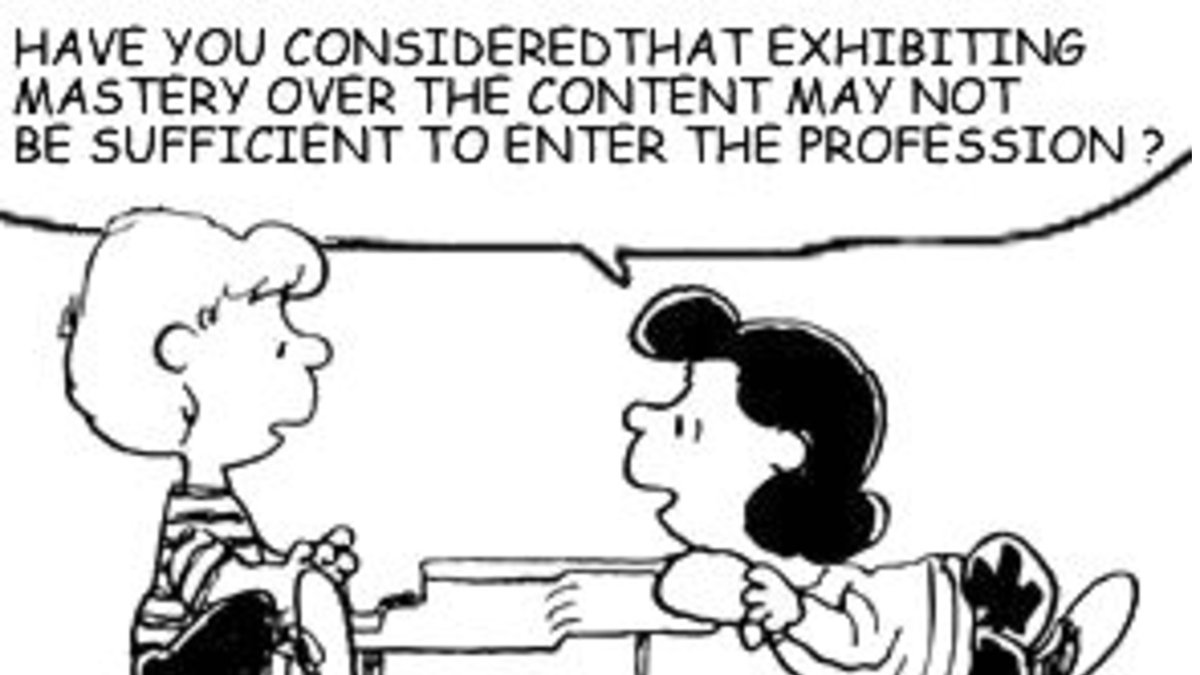Some academic job market advice.
When prepping materials (cover letter, research, teaching, diversity statements...) here is my personal view:
1. We will look at these for 20 seconds before deciding if we read for another 45 seconds. This means:
Make it easy to skim!
When prepping materials (cover letter, research, teaching, diversity statements...) here is my personal view:
1. We will look at these for 20 seconds before deciding if we read for another 45 seconds. This means:
Make it easy to skim!
Liberally use subtitles and bulletting
Put the most important stuff first
Put the most important statement at the start of each paragraph, then let the remaining sentences (or bullets!) give details for whomever is interested
Do not have long blocks of text.
Put the most important stuff first
Put the most important statement at the start of each paragraph, then let the remaining sentences (or bullets!) give details for whomever is interested
Do not have long blocks of text.
2. Delete useless sentences!
Readers are looking for reasons to move onto the next applicant or next document. Low quality information gives them that excuse.
So drop obvious things (I am really excited for a job at ____) or filler (Please find enclosed ____)
Get to the meat!
Readers are looking for reasons to move onto the next applicant or next document. Low quality information gives them that excuse.
So drop obvious things (I am really excited for a job at ____) or filler (Please find enclosed ____)
Get to the meat!
3. Don& #39;t be repetitive.
If your cover letter, research stmt, and job market paper (JMP) all summarize your JMP, people will stop reading right there, before getting to the unique stuff in that document.
Use a document to do something no other in your application can do.
If your cover letter, research stmt, and job market paper (JMP) all summarize your JMP, people will stop reading right there, before getting to the unique stuff in that document.
Use a document to do something no other in your application can do.
e.g. The research stmt
It can communicate your vision: What kind of scholar are you? Over the next few years, what do you want to change people& #39;s minds about?
It can also establish the importance of this area--the puzzles, the intellectual stakes, the policy relevance, etc.
It can communicate your vision: What kind of scholar are you? Over the next few years, what do you want to change people& #39;s minds about?
It can also establish the importance of this area--the puzzles, the intellectual stakes, the policy relevance, etc.
4. Start strong. Your enthusiasm should be infectious.
After deleting useless sentences, resist the urge to start with routine info (I am graduating in May... My committee is...). Put this later if you must have it at all.
Begin with the most insight-rich statements.
After deleting useless sentences, resist the urge to start with routine info (I am graduating in May... My committee is...). Put this later if you must have it at all.
Begin with the most insight-rich statements.
5. Do you need a separate cover letter and research statement? Maybe not. You can combine them.
If not, make the cover letter SHORT. Don& #39;t repeat detailed material in the other statements.
Sum up each statement in your packet with one line on the most important info.
If not, make the cover letter SHORT. Don& #39;t repeat detailed material in the other statements.
Sum up each statement in your packet with one line on the most important info.
Don& #39;t belabor a diversity statement. For many, this should not be 6 paragraphs.
If you& #39;re from an underrepresented group, 1st gen college student, etc then say so.
Otherwise, possibly its fine to summarize any concrete contributions you& #39;ve made to help others, but be concise.
If you& #39;re from an underrepresented group, 1st gen college student, etc then say so.
Otherwise, possibly its fine to summarize any concrete contributions you& #39;ve made to help others, but be concise.
6. Write simply and clearly
Active voice!
Omit needless words!
Reduce jargon.
I recommend using the @HemingwayApp as a guideline
Long and complex sentences are ok, but sparingly. And they can often be improved.
Active voice!
Omit needless words!
Reduce jargon.
I recommend using the @HemingwayApp as a guideline
Long and complex sentences are ok, but sparingly. And they can often be improved.
7. Edit for concision.
Every extra sentence lowers the average quality of the document.
Look for the least useful paragraphs. Delete them, or at least cut most of that material.
Try to make a 6-line paragraphs 4 lines.
Cut words from long sentences.
Every extra sentence lowers the average quality of the document.
Look for the least useful paragraphs. Delete them, or at least cut most of that material.
Try to make a 6-line paragraphs 4 lines.
Cut words from long sentences.
I think all the above is good advice for writing anything for busy people.
But not everyone will agree. Other profs, please add your additions and differences!
Meanwhile, here is my broader job market advice: https://chrisblattman.com/job-market/ ">https://chrisblattman.com/job-marke...
But not everyone will agree. Other profs, please add your additions and differences!
Meanwhile, here is my broader job market advice: https://chrisblattman.com/job-market/ ">https://chrisblattman.com/job-marke...
Once you get an offer, here& #39;s my advice on how to negotiate https://chrisblattman.com/2014/02/21/negotiating-your-academic-job/">https://chrisblattman.com/2014/02/2...
When you do get a job, here& #39;s my advice for new Asst Profs https://chrisblattman.com/2014/04/15/advice-new-assistant-professors/">https://chrisblattman.com/2014/04/1...

 Read on Twitter
Read on Twitter


